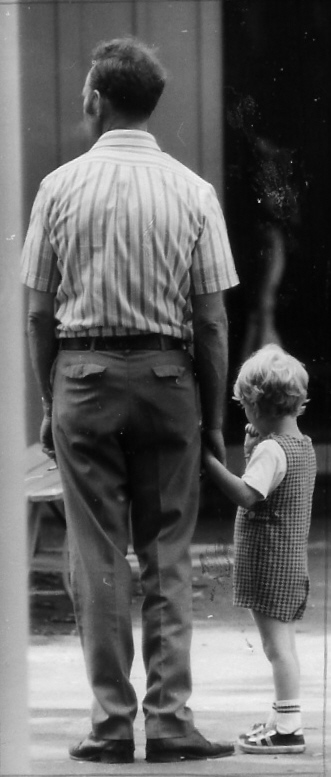CHARLESTON, W.Va. - As Christmas draws near, Pastor John Foster won't be decorating a tree, shopping for last-minute gifts or working on a holiday sermon for his flock. After all, it's been 50 years since Christmas was anything more than a day of the week to him.
He's one of very few American Christians who follow what used to be the norm in many Protestant denominations--rejecting the celebration of Christmas on religious grounds.
"People don't think of it this way, but it's really a secular holiday," said Foster, a Princeton-based pastor in the United Church of God. He last celebrated Christmas when he was 8.
His church's objection to Christmas is rare among U.S. Christians. Gallup polls from 1994 to 2005 consistently show that more than 90 percent of adults say they celebrate Christmas, including 84 percent of non-Christians.
That's a huge change from an earlier era, when many Protestants ignored or actively opposed the holiday. But as it gradually became popular as a family celebration, churches followed their members in making peace with Christmas.
The change didn't happen overnight. Through much of the 19th century, schools and businesses remained open, Congress met in session and some churches closed their doors, lest errant worshippers try to furtively commemorate the day.
Christmas benefited from a 19th century "domestication of religion," said University of Texas history professor Penne Restad, in which faith and family were intertwined in a complementary set of values and beliefs.
Christmas became acceptable as a family-centered holiday, Restad said, once it lost its overtly religious significance.
At the same time, aspects of the holiday like decorated trees and gift-giving became status symbols for an aspirant middle class. When Christmas began its march toward dominance among holidays, it was because of a change in the culture, not theology.













No comments:
Post a Comment